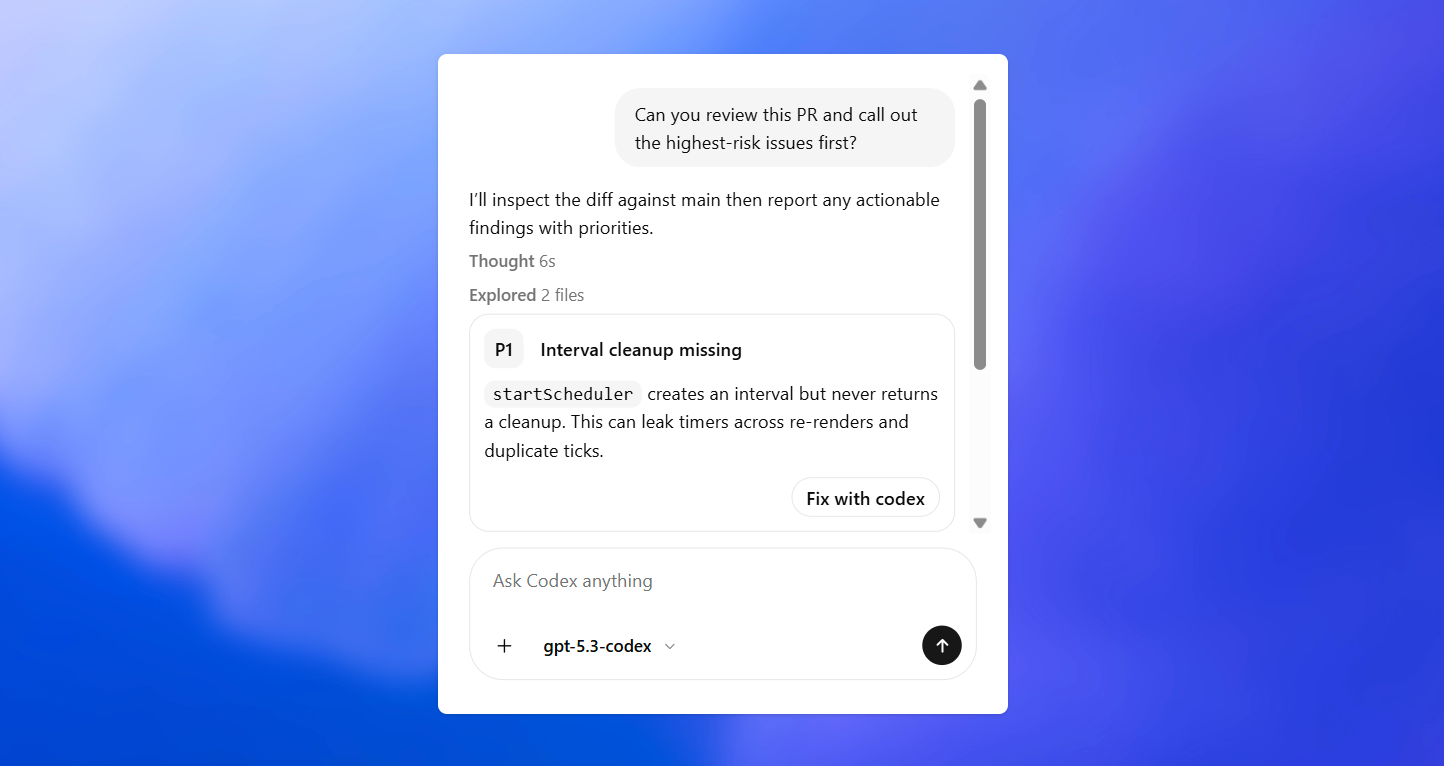OpenAI unveils GPT-4 Turbo - elevating AI with next-level coding and vision skills
OpenAI has updated its GPT-4 model to include the "GPT-4 Turbo" version, announced on April 9, 2024. The update brings the model's knowledge up to date as of December 2023 and introduces improvements in coding, reasoning, and vision capabilities.
Available through the OpenAI API and ChatGPT, the updated model shows enhanced ability in handling extensive coding tasks and reasoning processes. Feedback indicates varied performance in coding tasks compared to earlier versions.
The update also integrates vision capabilities, expanding the model's functionality in image-based applications. OpenAI aims to advance AI technology by continuously developing the GPT-4 Turbo model.
The OpenAI Developers team elaborated on this via X (formally Twitter), stating:
GPT-4 Turbo with Vision is now generally available in the API. Vision requests can now also use JSON mode and function calling.
Below are some great ways developers are building with vision. Drop yours in a reply 🧵— OpenAI Developers (@OpenAIDevs) April 9, 2024
They further highlighted practical applications of this update, sharing examples like "Make Real," a tool developed by @tldraw that enables the creation of functional websites from UI designs drawn on a whiteboard, powered by GPT-4 Turbo with Vision's code generation capabilities.
However, the update has had mixed reviews on Twitter. User @SystemSculpt said:
the new GPT-4 Turbo seems... yikes?
- The new GPT-4 Turbo model scores only 33% on aider’s refactoring benchmark, making it the LAZIEST CODER OF ALL the GPT-4 Turbo models by a SIGNIFICANT margin
- MUCH more prone to “lazy coding” than the existing GPT-4 Turbo “preview” models. pic.twitter.com/BF0SHJQ9e0— SystemSculpt (@SystemSculpt) April 10, 2024
However, user Pietro Schirano praised the update, stating: From a full day of testing with the new gpt-4-turbo, a few things stand out:
From a full day of testing with the new gpt-4-turbo, a few things stand out:
It's much less lazy and more willing to output large chunks of complete code.
It seems better at reasoning.
Plus, function calling with vision is going to be a huge unlock.— Pietro Schirano (@skirano) April 10, 2024
As the use of artificial intelligence in education continues to expand, ChatGPTand other AI tools are becoming an increasingly popular tool among teachers for enhancing classroom learning and engagement. By November 2023, 42% of primary and secondary teachers had used GenAI in their role (an increase from 17% in April 2023).









